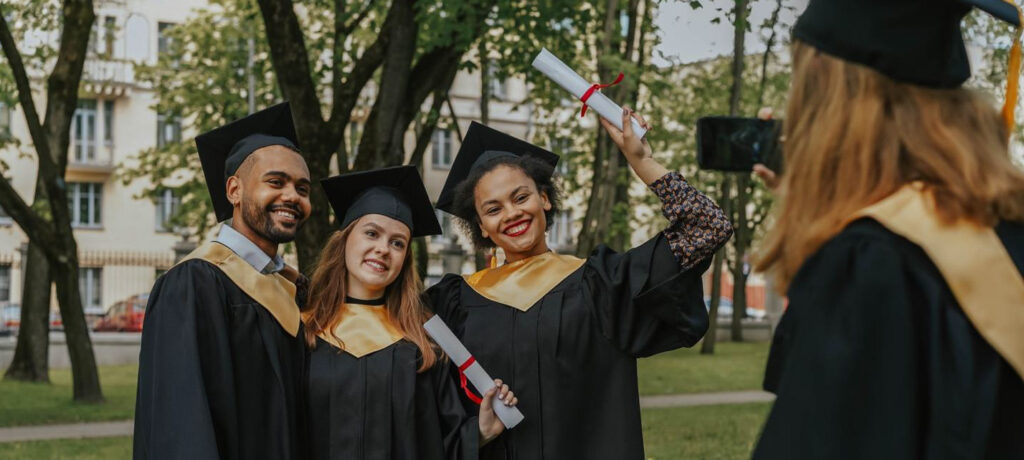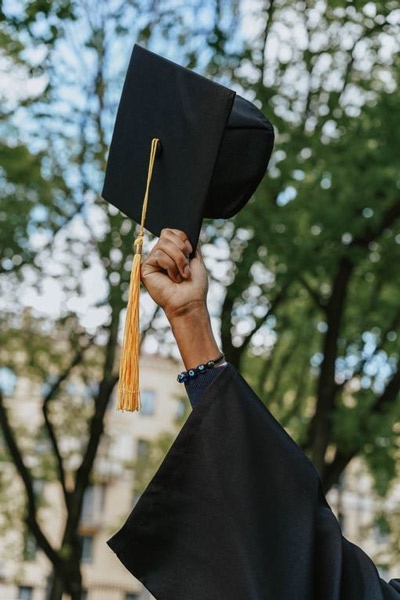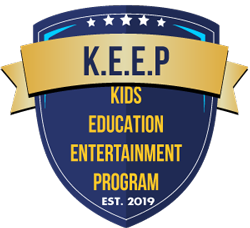Strategic Plan
- Home
- / Strategic Plan

Goals And Objectives
Our chief aim is to increase the number of students graduating high school prepared for college or a career and to positively change the trajectory for disadvantaged youth as they transition into adulthood. To accomplish this goal, we use our comedy arts and GeoAg science program to (1) decrease problematic behaviors among at-risk students low-income communities; and (2) we help students identify with STEAM careers to increase the pipeline of disadvantage students entering those careers.
Each year, our organization identifies objectives that support our goals. Our objectives for this program year ending December 31, 2024 are as follows:
Objectives
- To enroll up to 800 disadvantaged students across 40 metro Atlanta schools in K.E.E.P. afterschool programs during our program year.
- To ensure all participating students of Comedy Edutainment complete their capstone project.
- To ensure all participating students of GeoAg complete their capstone project.
- To ensure all participating students develop a life plan which includes a pathway for achieving their desired career.
- To ensure all participating students receive community linkages for academic tutoring and support, and/or trauma informed services based on their need.
- To improve school engagement and behaviors for 90% or more participating students.
- To improve mental health / coping skills for 90% or more participating students.
Success Indicators
- Number of students enrolled / Number of schools served.
- Percentage of students completing Comedy Edutainment capstone.
- Percentage of students completing GeoAg capstone.
- Percentage of students completing a life plan.
- Number of students receiving community linkages.
- Percentage of students with improved school engagement and behaviors.
- Percentage of students with improved mental health / coping skills.
Inputs, Activities, and Outputs
- Inputs: capital and program supplies, program policy, training materials, participation agreement, completion certificates, program staff, science and entertainment partners, community and school partners, parent & families, program space, local school space to hold mentoring sessions, and mentors/volunteers.
- Activities: Student referral, recruitment, screening, and training of quality mentors, mentor matching, mentoring sessions, mentor guidance and supervision, secure volunteers, and routine guest speakers from entertainers, scientist or researchers in the community; students participate in excursions and college tours.
- Outputs: Students attend weekly mentoring sessions; meet core competency based on program success models (i.e., we demonstrate respect for self and others. We engage in activities that advance our potential and future).
Outcomes
As a result of our program, we anticipate the following student outcomes:
- Students will further develop his or her daily life skills, such as self-confidence, self-esteem, academic excellence, and moral values.
Students will develop the ability to analyze his or her own weaknesses, set personal and vocational goals, and have self-esteem, motivation, and confidence to carry it out. - Students will develop skills in all areas of life such as comedy entertainment, scientific research, general education, financial literacy, career and/or college readiness, relationships with family, educators, and peers, etc.
- Students will develop social, ethical, emotional, physical, and cognitive competencies, grades are improved, and students have earned a promotion to next grade level.

